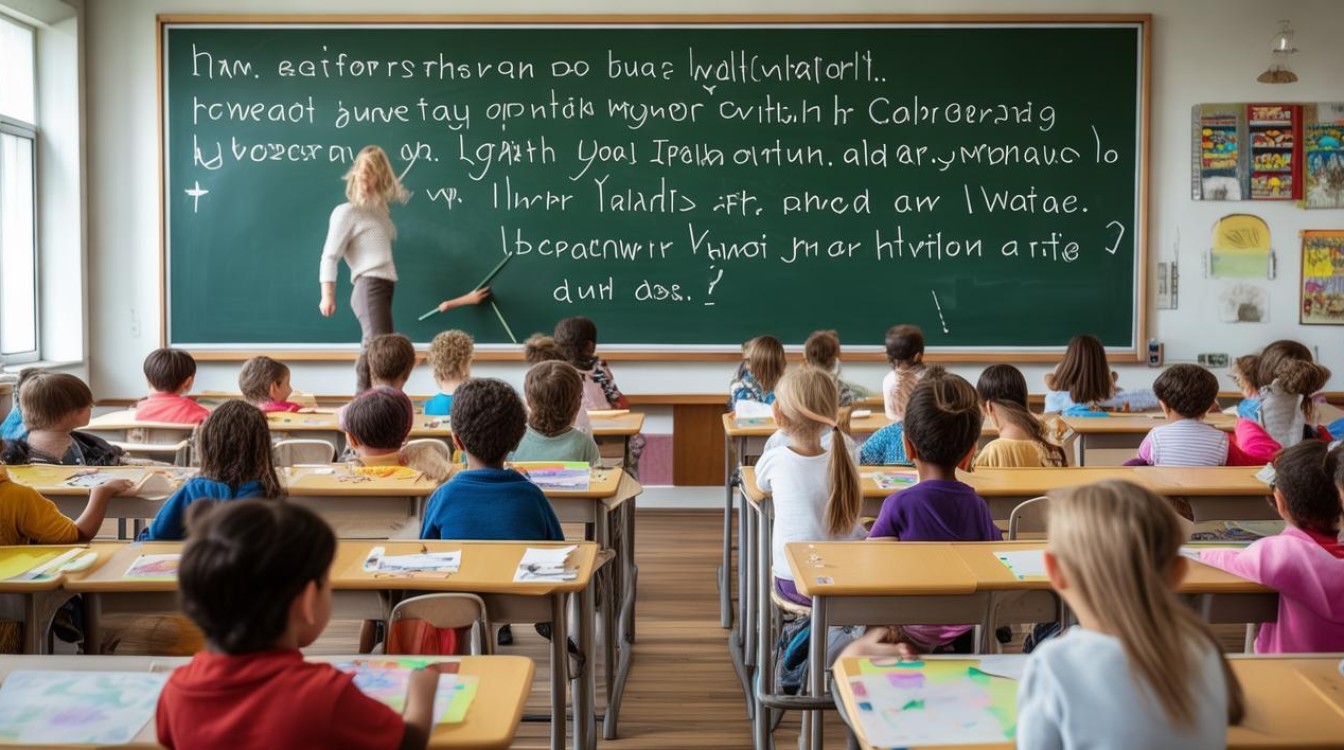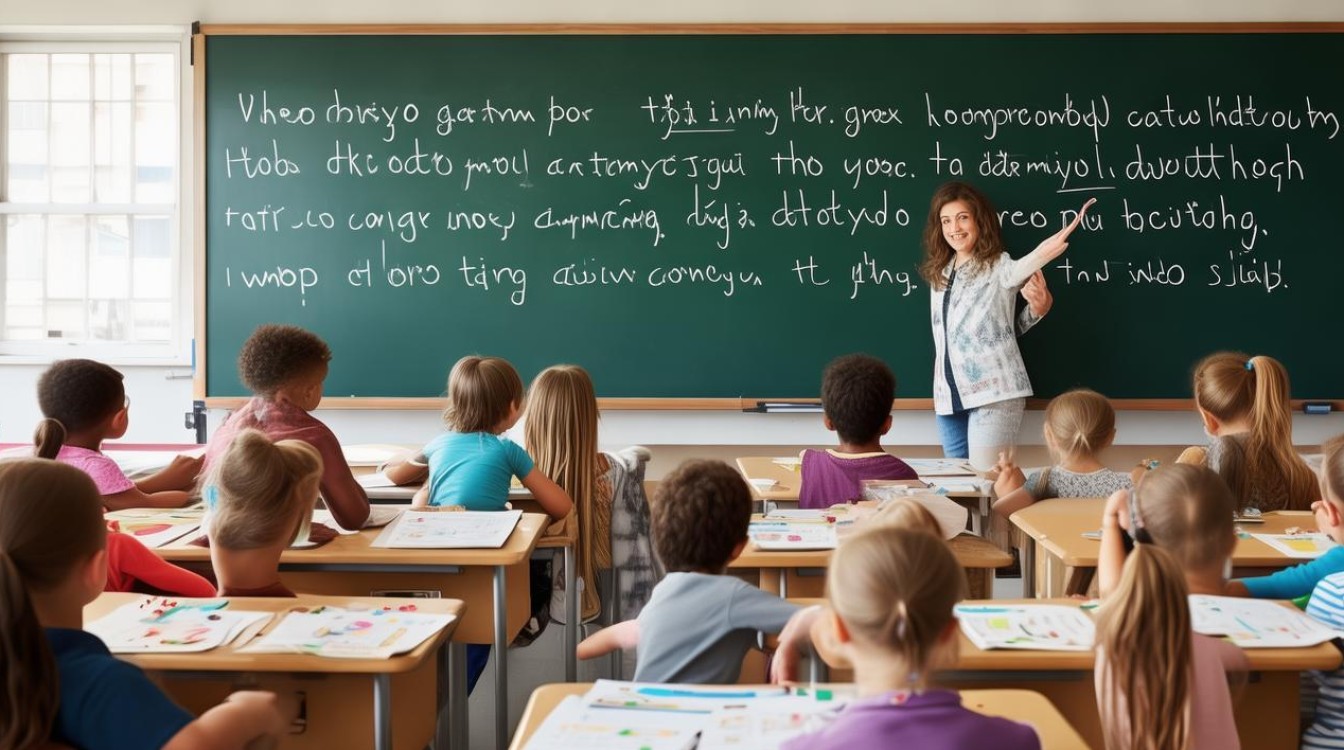Learning English starts with mastering basic words. For first graders, building a strong vocabulary is essential for reading, writing, and communication. This guide covers essential English words for young learners, along with tips to help them remember and use these words effectively.

Why First Grade Words Matter
First grade is a critical time for language development. Children begin to read simple sentences, write short phrases, and express themselves more clearly. A solid vocabulary foundation helps them:
- Improve reading comprehension
- Communicate ideas with confidence
- Develop writing skills
- Understand classroom instructions
By focusing on high-frequency words, children gain the tools they need for academic success.
Essential First Grade Vocabulary Words
Here’s a categorized list of common first-grade words, grouped for easier learning.
Everyday Objects
Children encounter these words in daily life, making them easy to remember.
- Home: chair, table, bed, door, window
- School: book, pencil, desk, teacher, student
- Clothing: shirt, pants, shoes, hat, socks
Action Words (Verbs)
Verbs help children describe what they do.

- run, jump, play, eat, drink
- read, write, draw, sing, dance
Descriptive Words (Adjectives)
These words add detail to sentences.
- big, small, happy, sad, fast
- hot, cold, tall, short, clean
Animals and Nature
Kids love learning about animals and the world around them.
- cat, dog, bird, fish, rabbit
- sun, moon, tree, flower, rain
Numbers and Colors
Basic math and color recognition are part of early learning.
- Numbers: one, two, three, four, five
- Colors: red, blue, green, yellow, black
How to Help Children Learn These Words
Parents and teachers play a key role in vocabulary development. Here are some effective strategies:
Use Flashcards
Flashcards with pictures and words reinforce memory. Show the card, say the word, and encourage the child to repeat it.

Read Together Daily
Choose simple books with repetitive words. Point to words as you read to connect spelling and pronunciation.
Play Word Games
Games like "I Spy" or matching words to pictures make learning fun. For example, "I spy something red" helps with color words.
Practice Writing
Have children write words multiple times. Start with tracing, then move to independent writing.
Use Words in Conversations
Incorporate new words naturally. Instead of saying, "Get your shoes," try, "Put on your red shoes."
Common Mistakes to Avoid
While teaching vocabulary, some approaches can slow progress.

- Overloading with too many words at once – Focus on a few words each week.
- Ignoring pronunciation – Correct mistakes gently to build confidence.
- Skipping repetition – Children need multiple exposures to remember words.
Fun Activities to Reinforce Learning
Keeping lessons engaging ensures children stay interested.
- Word Hunts: Hide word cards around the room and have kids find them.
- Story Creation: Ask children to use new words in a short story.
- Sing-Alongs: Songs with simple lyrics help with memorization.
The Role of Technology
Educational apps and videos can supplement learning. Look for programs that focus on phonics and word recognition. However, balance screen time with hands-on activities.
Final Thoughts
Building a strong vocabulary in first grade sets the stage for future success. By using interactive methods and consistent practice, children can master these foundational words with ease. Parents and teachers who make learning enjoyable will see the best results, helping young learners develop a lifelong love for language.

